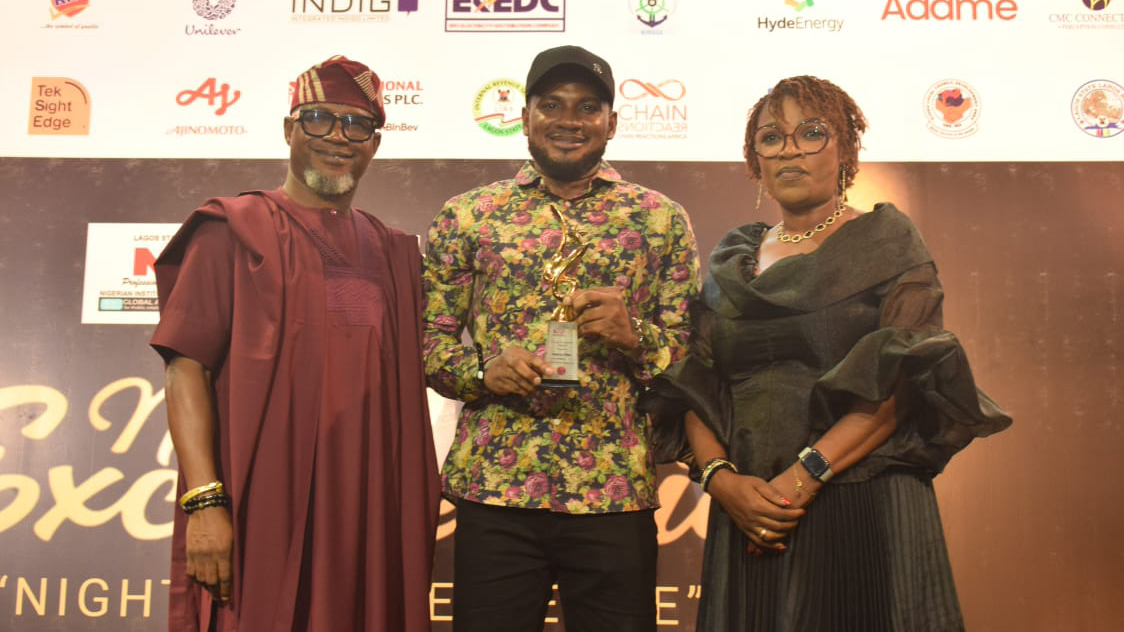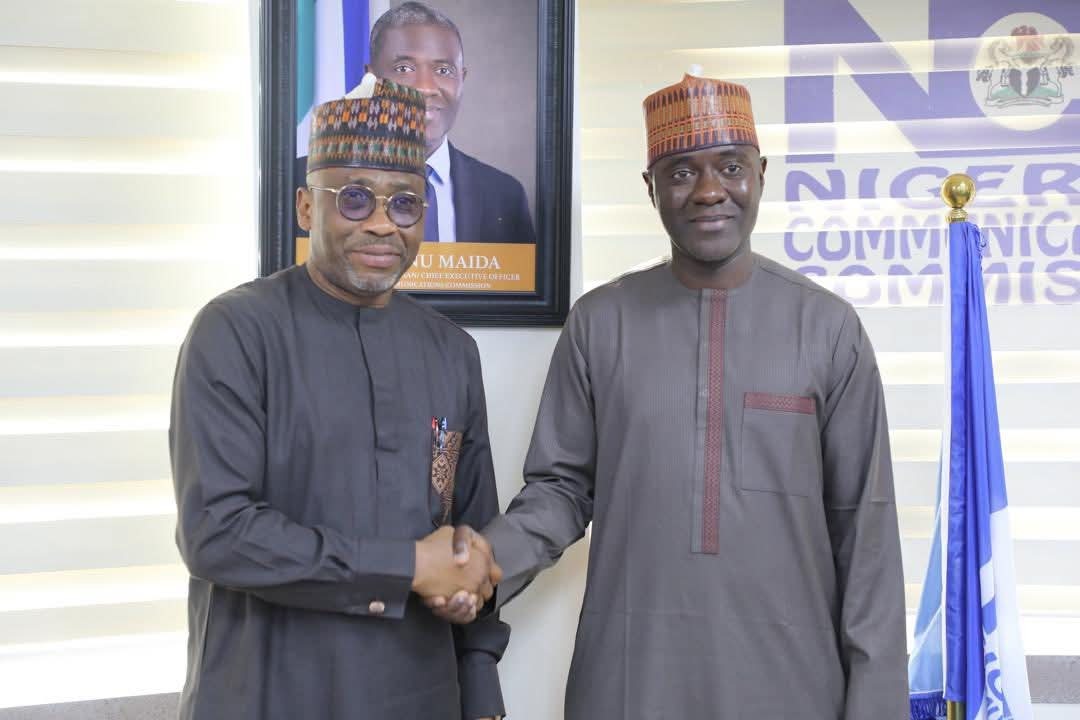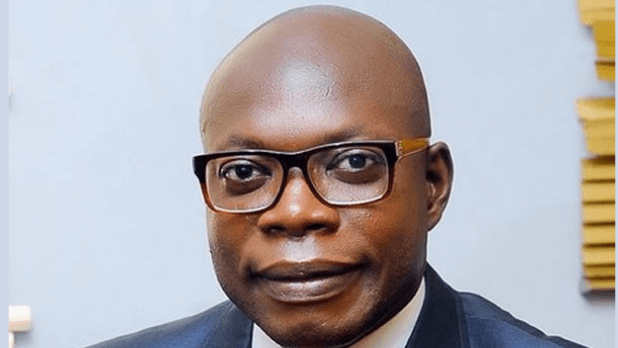
In commemoration of this year’s World Television Day, broadcasters and other media professionals have stressed the need for balanced and factual reportage of issues.
Every November 21, the United Nations holds conversations on vital roles television broadcasting plays in informing, entertaining, and educating the populace; shaping public opinion, promoting cultural diversity, and fostering national development.
Themed, ‘Television: Connecting the world’, the stakeholders also advocated informative, educative, and entertaining contents that promote national integration.
In his speech, Director General National Broadcasting Commission (NBC), Charles Ebuebu, observed television remains a paramount tool for information dissemination around the globe.
As a medium that operates through audio-visual communication to deliver news content from various segments of society, he added the role of television in the lives of citizens cannot be overemphasized.
To him, television shapes cultures, connects communities, and keeps the world informed. At the NBC, Ebuebu disclosed, “we are committed to ensuring that television continues to serve its purpose in line with our national mass communication policy. It is crucial to recognise that television is not just a medium for news dissemination but also a powerful tool that connects lives worldwide.”
Speaking in a similar vein, Commissioner for Communications, Kwara State, Bolanle Olukoju, described television as one of the most impactful mediums of communication in the world today.
Saying television is also a bridge that connects people across different regions, cultures and languages, she observed in recent times, the platform has adapted to technological advancements, such as digital broadcasting and live streaming, ensuring that it stays relevant.
Speaking further, she added television can be a powerful tool for socio-economic development by creating awareness about government policies and programmes; educates the public about their rights and responsibilities, and highlights opportunities in areas like agriculture, entrepreneurship, and technology.
For example, Olukoju noted a programme on small business financing can inspire many viewers to explore entrepreneurial ventures. With its reputation for credibility and accountability, the commissioner observed television can act as counterbalance to the spreading of fake news and misinformation on social media.
By maintaining high journalistic standards and prioritising accuracy, she argued television channels could also become trusted source of verified information.
According to Olukoju, “television can dedicate programming to media literacy, educating viewers on how to identify and avoid fake news. Collaborations with tech companies to debunk misinformation in real-time could also strengthen its position as a reliable medium.”
In conclusion, she observed AI is already shaping the future of television in exciting ways. As AI becomes more integrated, she insisted ethical considerations like data privacy and representation need to be prioritized to ensure that television continues to serve as an inclusive and democratic platform.
Executive Secretary Broadcasting Organisation of Nigeria (BON), Yemisi Bamgbose, noted television, globally, is the medium to beat when discussing social, economic, political, and education development.
Although it is said to be elitist, Bamgbose insisted it remains the choice of the government and the governed, business entrepreneurs, and consumers. He highlighted the impact of television on every aspect of the human endeavour world over such as, a medium used to promote and expand industries through shows and advertising; It brings information about products and services to the doorsteps of consumers, which lead to more patronage and expansion; It also serves as a medium of accurate information dissemination, public enlightenment, and entertainment.
Bamgbose also suggested government should initiate policies that would make television more accessible to the people at the grassroots. This, he explained, would engender advancement of trade and improve social standards.
Noting television broadcasting should hold government accountable; he added the platform, as a channel of communication, should engage in accurate, unbiased, and balanced information that will endear it to the citizens as a credible platform that can be relied on.
To Bamgbose, television, as a medium should encourage principles of democracy, all inclusiveness participation in leadership selection through credible voting process; television should be used to educate citizens on democratic process through voter education and brings to the front burners political idealogy, political gladiators and political parties manifestos to the doorsteps of citizens and television as a medium has been the verification channel that mitigates the spread of fake news.”
Concerning AI, he suggested television broadcasters should understand the nitty-gritty of AI in order to make the best use of it. Noting the new technology has been impacting greatly on television production, information gathering, and dissemination, he further advised television stations to know AI has both positive and negative implications. There is the issue of copyright, unsubstantiated information etc.”
Saying television is an energy driven and import dependent sector in the country, he, however, expressed concern the platform is under serious burden of running costs and maintenance.
To Bamgbose, television doesn’t thrive under harsh economic environment such as the current situation today. The high cost of petroleum products, poor public power supply, high tarrif and devaluation of Naira have been devastating to the sector.”
To this end, he suggested government at the centre should come up with favourable policies that would help the sector. For example, he stated television stations can be classified under a special group that will pay enjoy 50 per cent reduction of the public power tariff.
In addition, he added Federal Government should consider helping stations install high powered solar systems that can carry equipment by subsidising the cost of installation, among others.






